








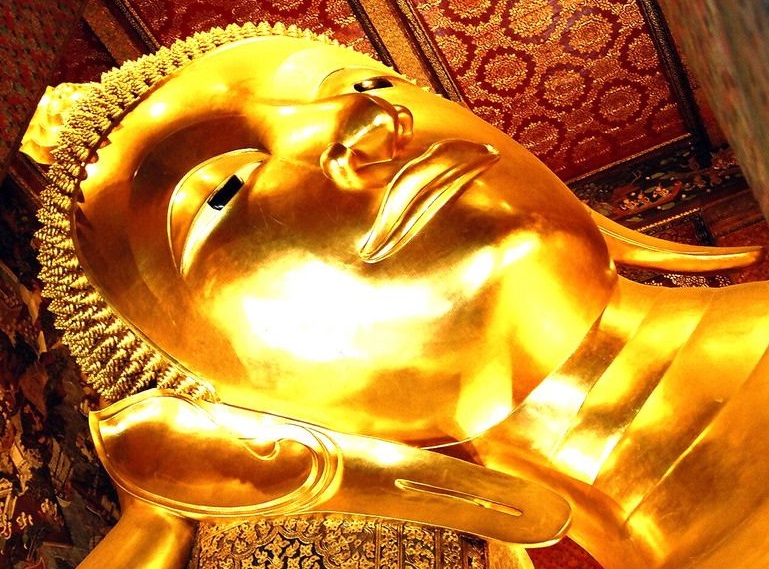
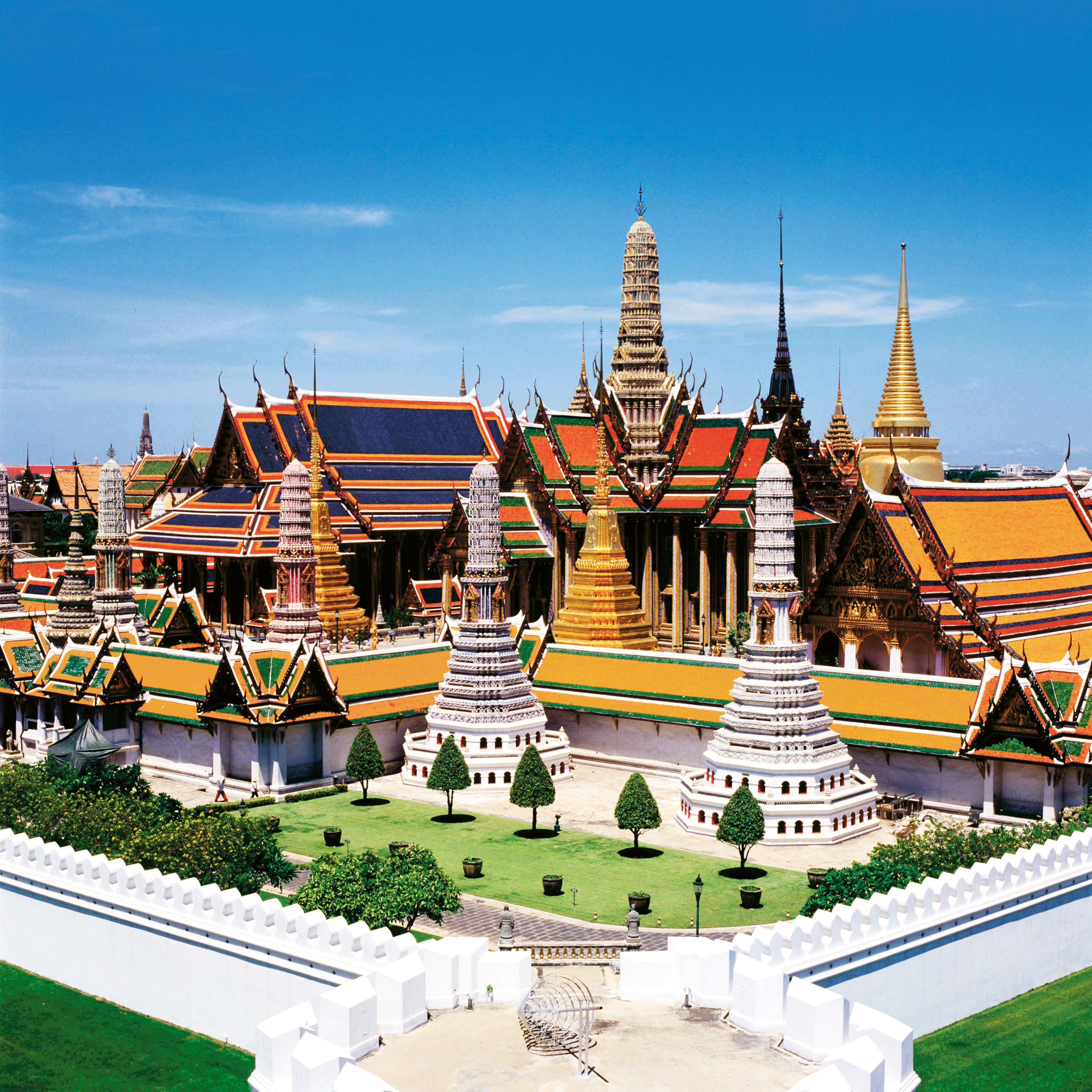

Thailand, the only Southeast Asian nation never to have been colonized by European powers, is a constitutional monarchy whose current head of state is HM Bhumibol Adulyadej. A unified Thai kingdom has existed since the mid-14th century, and Thailand was known as Siam until 1939 when it officially became the Kingdom of Thailand.
Thailand is the 50th largest country in the world; most nearly equal in size to Spain. Located just 15 degrees north of the equator, Thailand has a tropical climate and temperatures typically range from 19 to 38 degrees C (66-100 F). Thailand’s largest peak, Doi Inthanon, is 2,565 meters (8,415 ft) tall. Thailand covers 510,890 sq km of land and 2,230 sq km of water. The coastline of Thailand is 3,219 km long. Thailand’s longest shared border is with Myanmar (Burma), stretching 1,800 km.
Weather
The weather in Thailand is generally hot and humid: typical of its location within the tropics. Generally speaking, Thailand can be divided into three seasons: “hot” season, rainy season, and “cool” season, though Thailand’s geography allows visitors to find suitable weather somewhere in the country throughout the year.

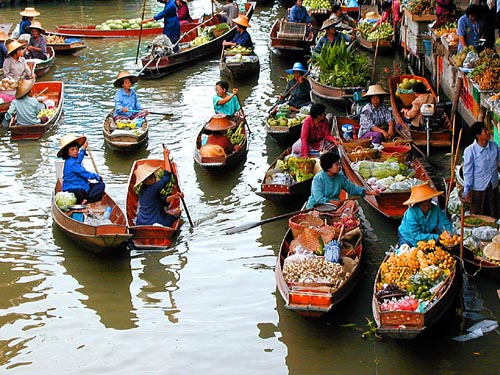
2.jpg)
The population of Thailand comprises of roughly 65 million citizens, the majority of whom are ethnically Thai, though peoples of Chinese, Indian, Malay, Mon, Khmer, Burmese, and Lao origin are also represented to varying degrees. Approximately 7 million citizens live in the capital city, Bangkok, though this number varies seasonally and is otherwise difficult to accurately count.
Thailand has a rough geographical area of 514, 000 sq km (200,000 sq miles). This makes Thailand roughly equivalent in size to France or Texas.
Bangkok
The vast majority (roughly 80%) of Thailand’s nearly 65 million citizens are ethnically Thai. The remainder consists primarily of peoples of Chinese, Indian, Malay, Mon, Khmer, Burmese, and Lao decent. Of the 7 million citizens who live in the capital city, Bangkok, there is a greater diversity of ethnicities, including a large number of expatriate residents from across the globe. Other geographic distinctions of the population include a Muslim majority in the south near the Malaysian border, and hill tribe ethnic groups, such as the Hmong and Karen, who live in the northern mountains.
More than 92% of the population speaks Thai or one of it’s regional dialects. While the Thai language is the official language of Thailand, as a result of its cosmopolitan capital city and established tourism infrastructure, English is spoken and understood throughout much of Thailand.
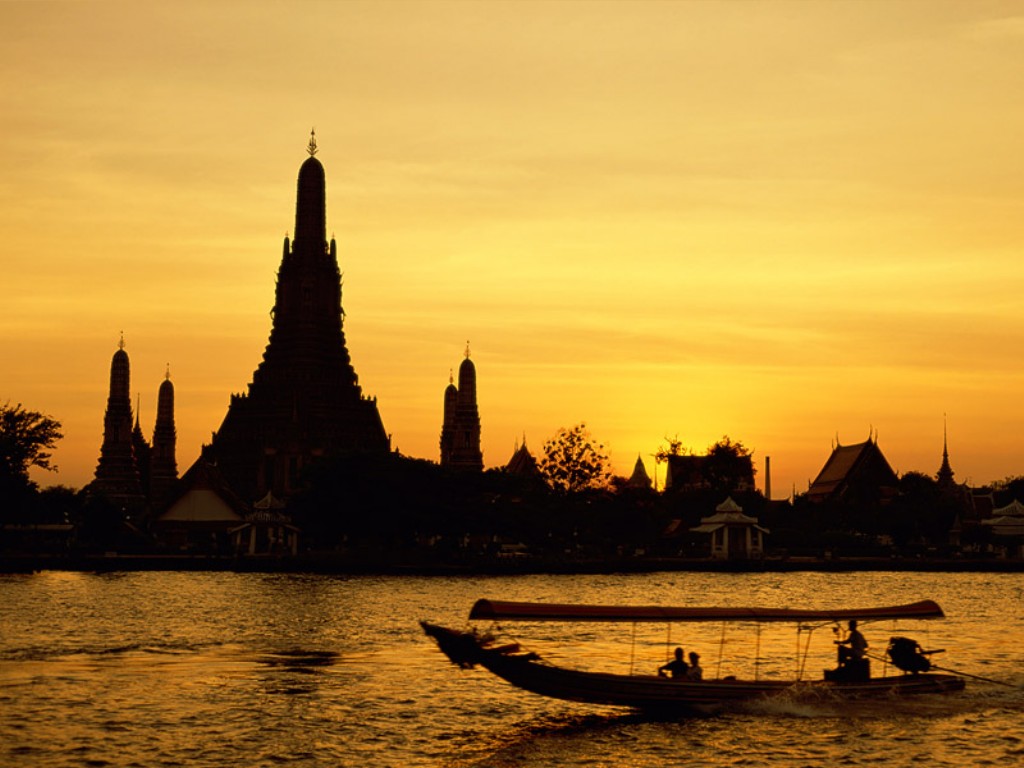
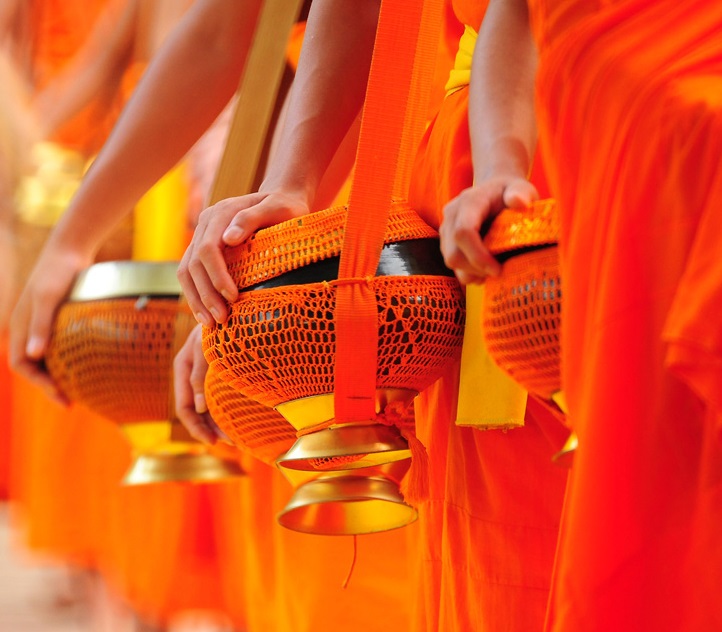

94.6% of Thais are Buddhist, 4.6% of Thais are Muslim 0.7% of Thais are Christian
Thailand is a constitutional monarchy, not dissimilar to England’s, whereby an elected Prime Minister is authorized to be the head of government and a hereditary Thai King is head of state. The constitution of Thailand allows for the people of Thailand to democratically elect their leaders in the form of a parliament, with a bicameral legislature consisting of a Senate and House of Representatives, and executive authority in the hands of the Prime Minister. A Judiciary, overseen by the Supreme Court, was designed to act independently of the executive and the legislature.
Located just 15 degrees north of the equator, Thailand has a tropical climate and temperatures typically range from 19 to 38 degrees C (66-100 F)
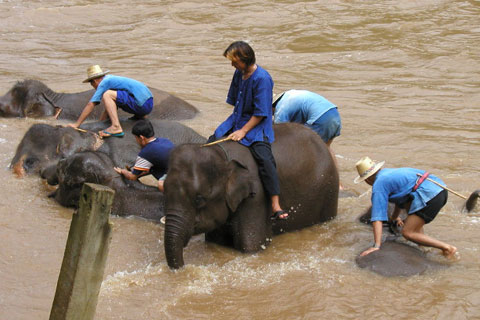
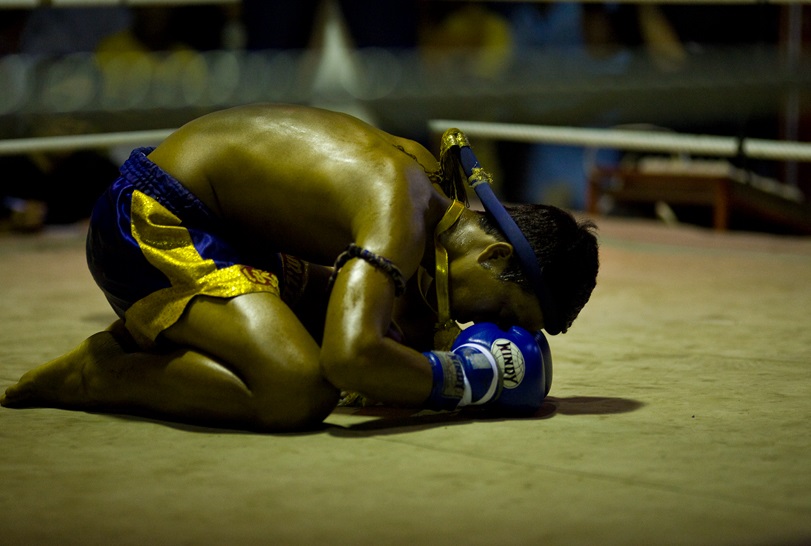
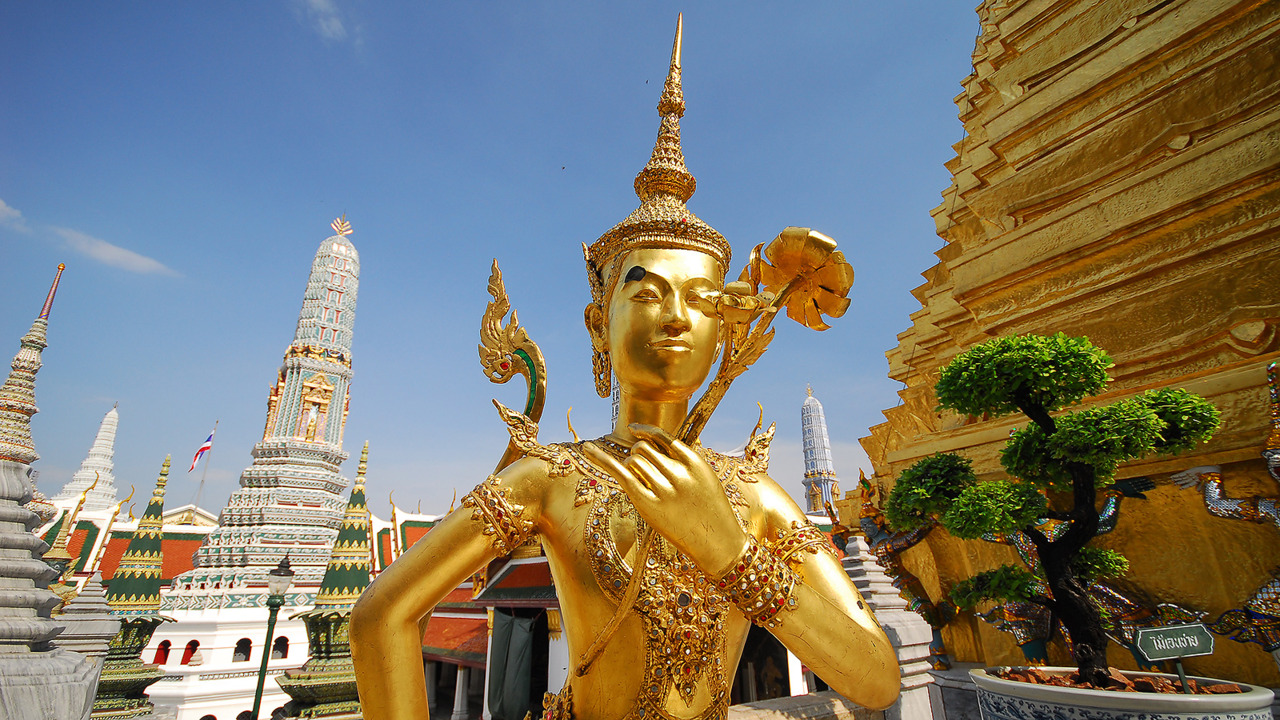
1 Jan: New Year’s Day
Jan- Feb: Chinese New Year
Feb-Mar: Makha Bucha Day: Buddhist holiday on full moon of fourth lunar month.
6 April: Chakri Memorial Day: Honoring the dynasty of the reigning royal family.
13-15 April: Songran, Thai new years celebration.
1 May: Labor Day
5 May: Coronation Day: Commemorating the coronation of present King of Thailand.
May: Royal Ploughing Ceremony: To honor farming season; date determined by royal astrologer
May: Visakha Bucha: Buddhist holiday on full moon of the 6th lunar month.
July: Asanha Bucha Day: Buddhist Holiday on full moon of 8th lunar month
Vassa: beginning of Buddhist lent on first waning moon of 8th lunar month
12 Aug: Queen’s Birthday-Mothers Day
23 Oct: Chulalongkorn Day: Honoring a former King of Thailand.
Nov: Loy Kratong
5 Dec: King’s Birthday-Father’s Day 10 Dec: Constitution Day: celebrating the kingdom’s first constitution.
31 Dec: New Year’s Eve Other important holidays
The economy of Thailand is reliant on exports, which account for 60% of Thailand’s approximately US$ 200 billion GDP. The economy of Thailand is the 2nd largest in Southeast Asia. Thailand’s exports consist primarily of agricultural products including fish and rice, of which it is the largest exporter in the world, as well as textiles, rubber, automobiles, computers and other electronic appliances, and jewelry. While one of the premier tourist destinations in the world, Thailand relies on tourism to provide only 7 % of its GDP.
From: Sydney, Australia 4679.57 m. / 7530.84 km Tokyo, Japan 2860.65 m. / 4603.65 km Beijing, China 2294.22 m. / 3692.08 km Hong Kong 1071.22 m. / 1723.91 km New Delhi, India 1811.73 2915.63 km Dubai, UAE 3034.04 m. / 4882.68 km Rome, Italy 4882.68 m. / 8825.12 km Madrid, Spain 6322.51 m. / 10174.82 km Paris, France 5865.21 m. / 9438.89 km Berlin, Germany 5343.29 m. / 8598.95 km Stockholm, Sweden 5135 m. / 8263.76 km London, UK 5919.32 m. / 9525.96 km Moscow, Russia 4387.52 m. / 7060.83 km New York, USA 8651.33 m. / 13922.59 km Los Angeles, USA 8260.17 m. / 13293.1 km Vancouver, Canada 7331.48 m. / 11798.55 km
The currency of Thailand is the Thai Baht. Baht come in both coin and banknote form. The size of Thai currency, both coins and bills increases with value and varies in color
Thai bank hours are generally Monday through Friday, 9:30 am to 3:30 pm, though certain banks have shorter Saturday hours and currency exchange booths are open considerably longer hours in Bangkok and other tourist destinations.
The Thailand postal service is efficient and reliable with branches in most major towns throughout the Kingdom. Thailand post offices are open M-F 8am-4:30pm and Sa-Su 9am-1pm. However, The Central GPO in Bangkok, located on New Road, is open until 6pm M-F and Sa-Su 9am-1pm. All Thai post offices are closed on public holidays, though most major hotels can arrange to mail letters and parcels on your behalf. In addition to domestic and international mail services, both land and air, standard and registered, the Thailand postal service also provide telegram service.
Thailand Standard time is GMT +7. Thailand does not observe daylight savings.
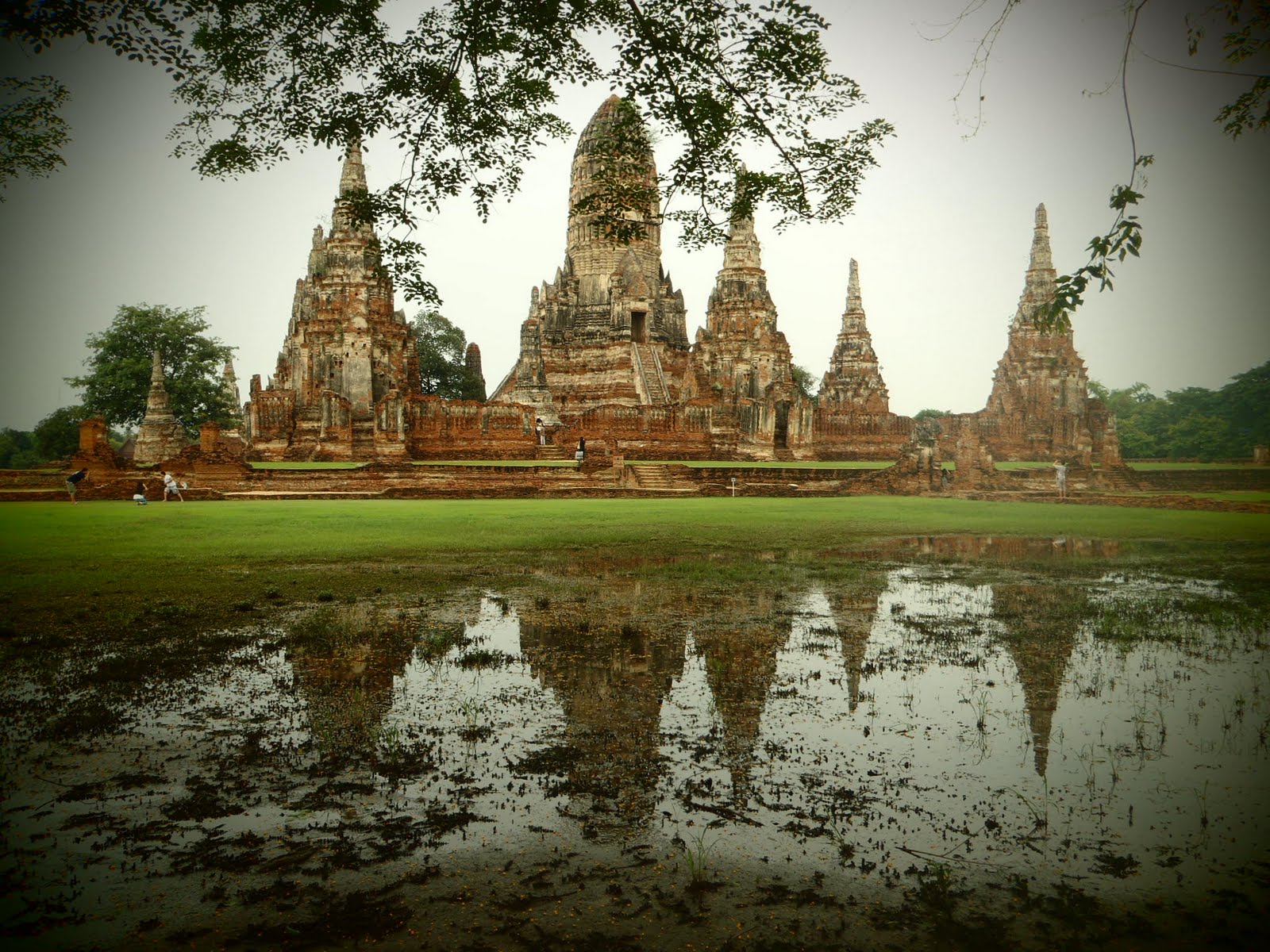
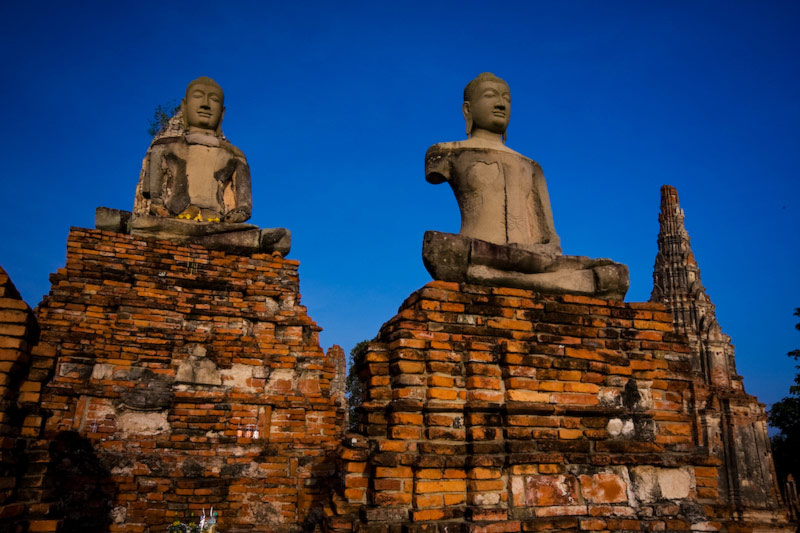
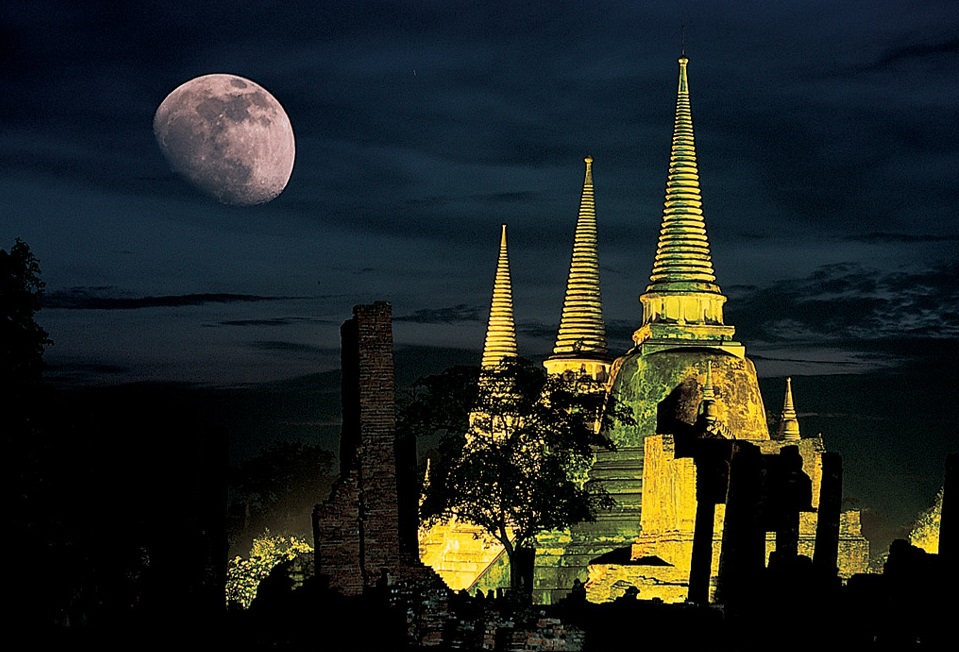
Thailand uses the metric system for all weights and measurements, with the exception for area, which Thais divide into wa and rai.
Electrical outlets in Thailand are charged to 220v at 50 cycles per second, which is compatible with appliances from the U.K. but not those from the US and many other nations. While most computer cables have adaptors for voltage, visitors from the U.S. and those not on the 220/50 v. will have to bring adapters to run most other appliances. Outlets in Thailand generally feature flat, two pronged plugs, though some feature holes for round plug ends. Few outlets feature three holes (grounded outlets) so it is often necessary to have a three to two prong adapter for using notebook computers in Thailand.
Thailand hotels are some of the finest in the world, whether they are five star luxury spa retreats or quaint family-run beachfront bungalows. There is a hotel in Thailand for every type of traveler on every budget. That said, the best prices are during Thailand’s off-peak season (May – Aug), while the most expensive prices are typically during the cool season (Dec – Feb). Whether your accommodation choice is a homestay with local villagers, a guesthouse in a backpacker district, a beach bungalow, or a five star hotel in Thailand, unless you have booked ahead, settle for nothing less than the warmest “land of smiles” hospitality.
The Thai phone system is both modern and widespread, with comprehensive coverage for cell phones and reliable pay phones found throughout the kingdom. Purchasing a second-hand Thai phone is inexpensive and convenient, and calling from Thailand on a public phone is easy with a phone card available at most convenience stores. Emergency numbers are often three or four digit numbers, including Tourist Police, which is 1155.
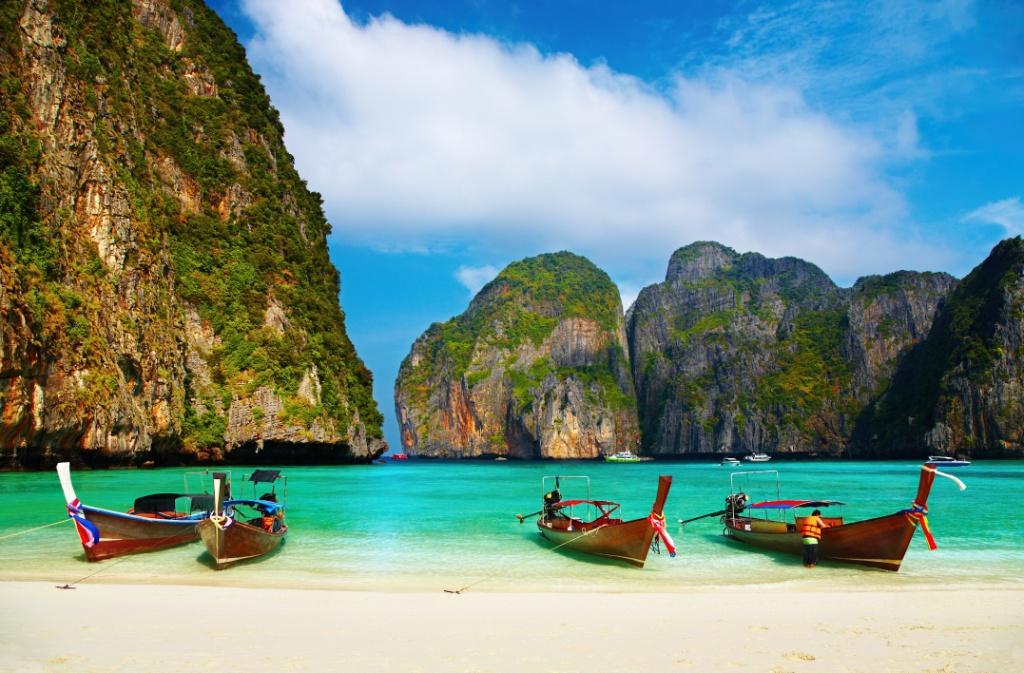
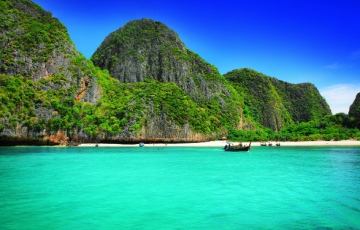
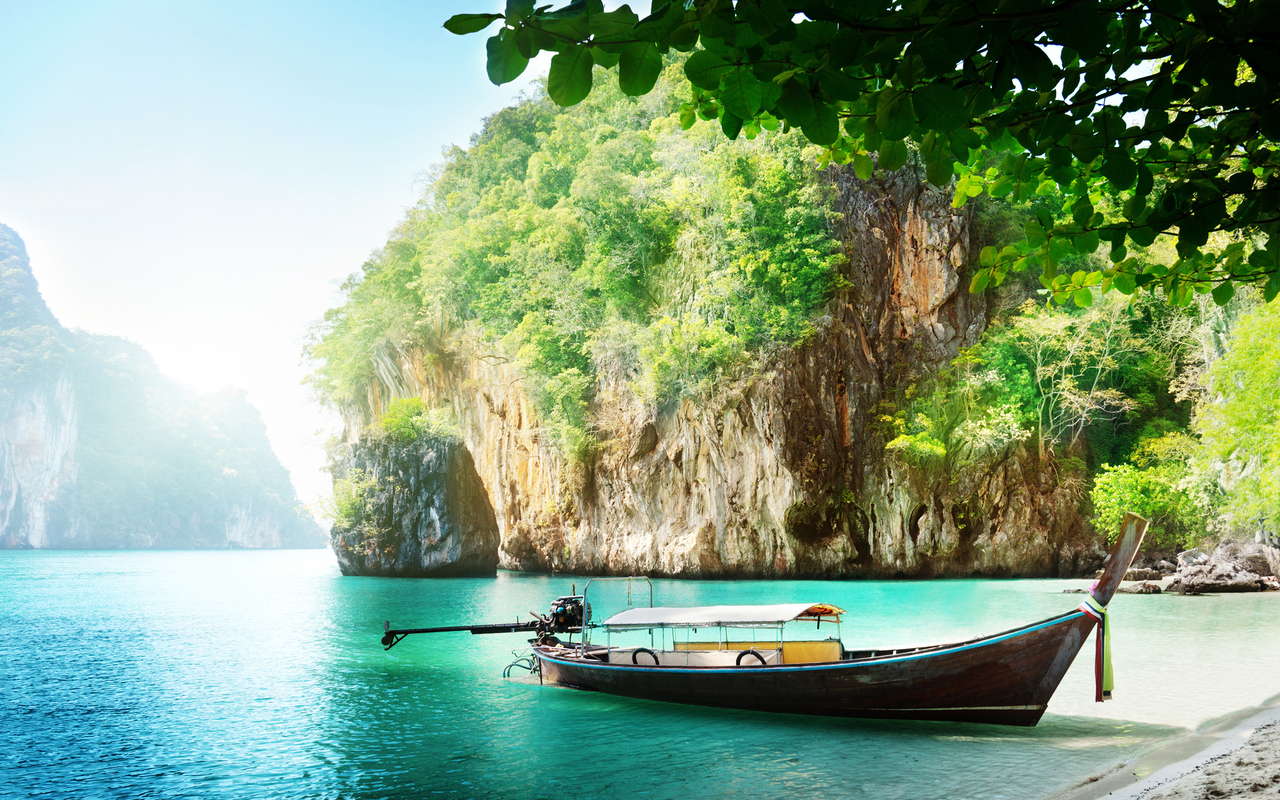
Thailand is justly celebrated for its tolerance and hospitality, and the average tourist will have no difficulty in adjusting to the local customs. All the same, as when coming into any unfamiliar society, a visitor may find it helpful to be aware of certain do's and don't's and thus avoid giving accidental offense. Basically, most of these are simply a matter of common sense and good manners-not really all that different from the way one would behave in one's own country-but a few are special enough to be pointed out.
The Thai people have a deep, traditional reverence for their Royal Family, and a visitor should also be careful to show respect for the King, the Queen, and the Royal Children. In a cinema, for example, a portrait of the King is shown during the playing of the royal anthem, and the audience is expected to stand. When attending some public event at which a member of the Royal Family is present, the best guide as to how to behave is probably to watch the crowd and do what it does.
- Thai law has a number of special sections concerning religious offenses, and these cover not only Buddhism, the religion of the majority of the people, but also any other faiths represented in the Kingdom. It is, for instance unlawful to commit any act, by any means whatever, to an object or a place of religious worship of any community in a manner likely to insult The religion. Similarly, "whoever causes any disturbance at an assembly lawfully engaged in the performance of religious worship of religious ceremonies" is subject to punishment, as well as "whoever dresses or uses a symbol showing that he is a priest or novice, holyman or clergyman of any religion unlawfully in order to make another person believe he is such person."
In less legal language, here are a few tips on what to do and what not to do on a visit to a religious place
- Dress neatly. Don't go shirtless, or in shorts, pants, or other unsuitable attire. If you look at the Thais around you, you'll see the way they would prefer you to be dressed -- which, in fact, is probably not very different from the way you'd dress in a similar place back home.
- It's all right to wear shoes while walking around the compound of a Buddhist temple, but not inside the chapel where the principal Buddha image is kept. Don't worry about dirt when you have to take them off; the floors of such places are usually clean.
- In a Muslim mosque, men should wear hats and women should be well-covered with slacks or a long skirt, a longsleeved blouse buttoned to the neck, and a scarf over the hair. All should remove their shoes before entering the mosque and should not be present if there is a religious gathering.
- Buddhist priests are forbidden to touch or to be touched by a woman or to accept anything from the hand of one. If a woman has to give anything to a monk or novice, she first hands it to a man, who then presents it. Or in case of a woman who wants to present it with her hand, the monk or novice will spread out a piece of saffron robe or handkerchief in front of him, and the woman will lay down the material on the robe which is being held at one end by the monk or novice.
- All Buddha images, large or small, ruined or not, are regarded as sacred objects. Hence, don't climb up on one to take a photograph or, generally speaking, do anything that might show a lack of respect.
The don'ts of Thai social behavior are less clearly defined than those concerning the monarchy or religion-especially in a city like Bangkok where Western customs are better known and more widely accepted. However, what is acceptable in Bangkok may not be in the countryside where the old ways are still strong. Here are a few things to keep in mind:
- Thai DO NOT normally shake hands when they greet one another, but instead press the palms together. In a prayer-like gesture called a wai. Generally, a younger person wais an elder, who returns it. Watch how the Thais do it, and you will soon learn.
- It is considered rude to point your foot at a person, so try to avoid doing so when sitting opposite anyone, and following the conception that the foot is a low limb; DO NOT point your foot to show anything to anyone, but use your finger instead.
- Thai regard the head as the highest part of the body both literally and figuratively. As a result they DO NOT approve of touching anyone on that part of the body; even in a friendly gesture. Similarly, if you watch Thai a social gathering, you will notice that young people go to considerable lengths to keep their heads lower than those of the elder ones, to avoid giving the impression of "looking down" on them. This is not always possible, of course, but it is the effort that counts.
- Public displays of affection between men and women are frowned upon. You may see some very Westernised young Thai couples holding hands, but that is the extent of the displaying of affection in this polite society.
- Losing your temper, especially in public, will more than likely get you nowhere. The Thais think such displays denote poor manners, and you are more apt to get what you want by keeping a cool head and concealing your emotions.
- DO NOT be surprised if you are addressed by your first name; for instance, Mr. Bob or Miss Mary instead of by your surname. This is because Thais refer to one another in this manner, usually with the title "Khun" (Mr., Mrs., or Miss) in front. Follow the customs of any country as far as possible, and you will make more friends during your stay. The more friends you make, the more you will want to return to Thailand.